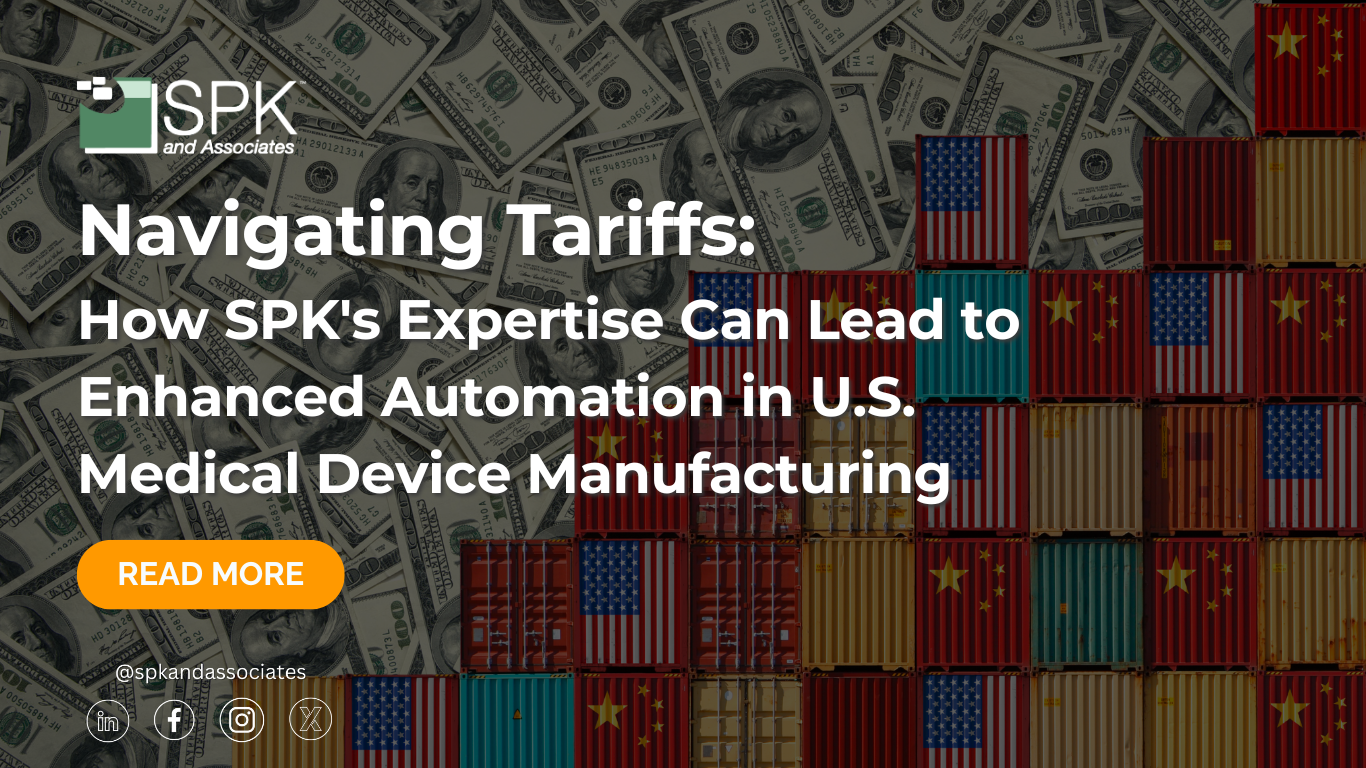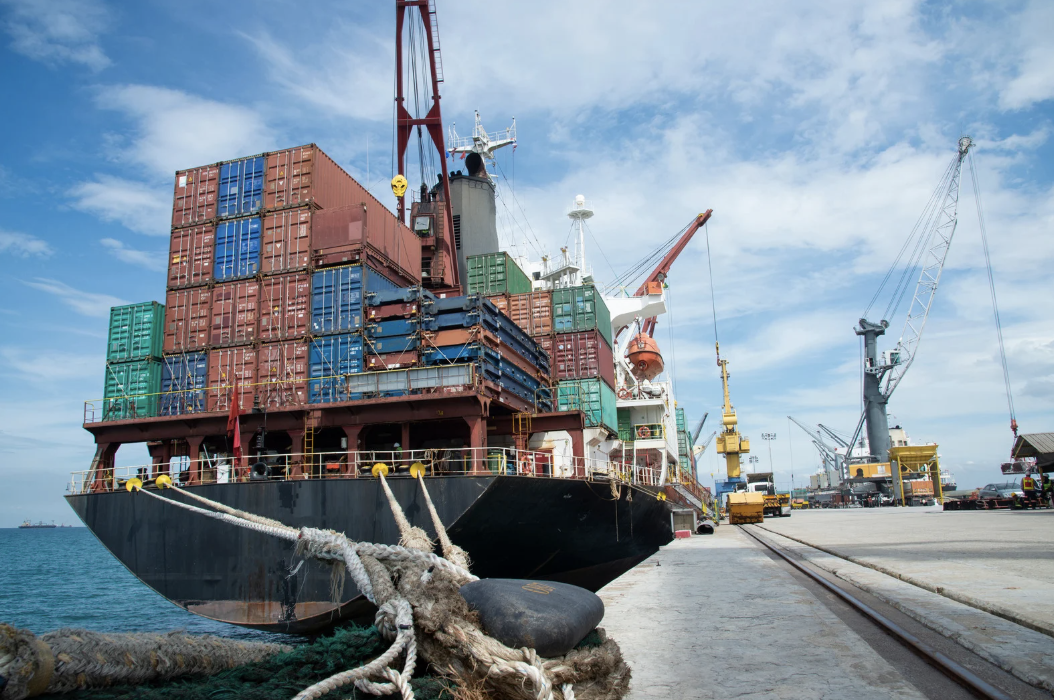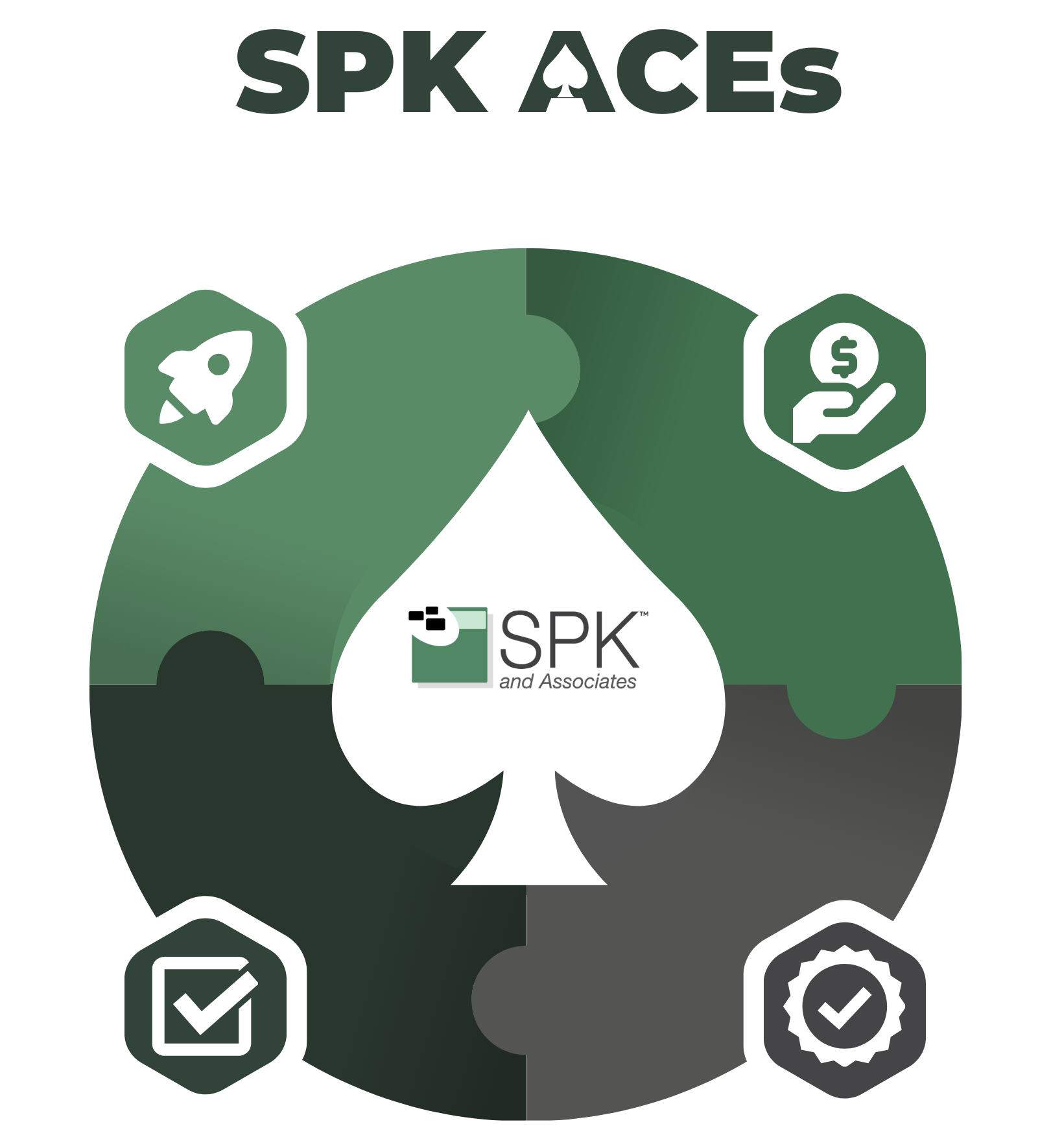Tariffs have long been a tool of economic strategy, but recent escalations are impacting U.S. manufacturers, especially in the medical device industry. From 10% baseline tariffs to 245% duties on Chinese imports, companies now face inflated costs and disrupted global supply chains. While the intention is to boost domestic production, the immediate impact is higher prices, delayed shipments, and strategic uncertainty. For medical device manufacturers, these challenges threaten both operational efficiency and regulatory alignment. They rely on precision parts, compliance, and speed to market. It is true that as of the writing of this blog, there is a 3 month stay on tariffs with China. But there is still huge market volatility. However, with a focus on automation and a partner like SPK and Associates, your organization can successfully navigate tariffs.
Navigating Tariffs in Medical Device Manufacturing
The shifting tariff policies have led U.S. medical device manufacturers to grapple with many challenges. Most notably: rising BOM costs, interrupted supply chains, and compliance risks. For example, a 10% universal tariff and a 110% tariff on Chinese goods are projected to shrink global GDP by up to 1%. This macroeconomic pressure trickles down into every aspect of sourcing, manufacturing, and distribution.
Container traffic at U.S. ports is also plummeting. According to Capt. Kipling Louttit, only 14 vessels arrived in Southern California during a recent three-day window. This is far below the normal 17, signaling major supply chain slowdowns. In parallel, Matson CEO Matt Cox stated that second-quarter volumes could drop significantly, noting uncertainty around how long these low demand levels will last due to active tariff negotiations.
Understanding where your components come from is vital. Each part in your BOM may be sourced from a different country. Mapping out your supply chain can help your organization understand how much the tariffs may impact you. For example, some parts are subject to tariffs each time they cross a border. If parts exit and enter multiple territories before their final destination, you can expect rapidly increasing costs.
In highly regulated industries like MedTech, even minor disruptions in part sourcing or design workflows can trigger new rounds of FDA validations. This type of disruption may affect not only costs but also regulatory compliance timelines. It complicates post-market surveillance and can delay market entry.
How to Navigate Tariffs: Localize and Automate
To mitigate tariff-related risks, U.S.-based medical device companies must reimagine their sourcing and production strategies. The solution? Automation and digital transformation. Given the current market conditions and our expertise in what options are possible, we believe many companies can gain an advantage and cut costs by focusing on those 2 items. For over 20 years, SPK has partnered with highly regulated industries, including those in medical device, to streamline operations and reduce risk. With automation at the core of our approach, SPK helps manufacturers adapt to geopolitical shifts with agility.
SPK’s Strategic Approach to Navigating Tariffs with Tooling and Automation
Automation isn’t just a buzzword, it’s a competitive differentiator. At SPK, we guide clients through rethinking tooling strategies. As the tariffs shift business practices, we can help your organization shift its tools to match these new needs. Our experts in digital transformation can help modernize your current CAD/CAM workflows and build automation into your product lifecycle systems. Our automation services don’t just help clients reduce repetitive engineering tasks. They also help increase tool reuse and improve accuracy through digital twins and revision control. This reduces overhead so your team can focus on what matters most, developing safe products quickly.
Reimagining Parts and Assemblies with Smart PLM and ALM
As rising tariffs impact current supply chains, we can help your team restructure your part and assembly sourcing strategies. SPK has extensive experience aiding manufacturers in this process. We help manufacturers use PLM and ALM tools like PTC Windchill and Codebeamer to manage part lifecycle data, reduce sourcing complexity, and maintain full traceability. These tools support tariff-aware sourcing through smart business rules and supplier management features.
For example, PTC’s supply chain collaboration capabilities allow teams to track where components are used. They can then identify alternative suppliers and send BOMs for quoting and revisions without duplicating data. This lowers the chance of tariff costs rising as parts are moved across borders and helps teams make faster, smarter decisions.
Audits, Digital Roadmaps, and the SPK ACEs Framework
To stay competitive, medical device manufacturers need a tailored transformation strategy. SPK conducts audits tailored for medical device environments. We can help your team uncover manual processes that can be replaced with automation. Additionally, we can identify offshore dependencies that may be replaced with onshore alternatives. Furthermore, as a PTC partner, we can provide you with a digital roadmap to replace outdated tooling. These strategies can help you achieve measurable business value, or what we call our ACEs framework. ACEs stands for:
- Accelerated Time to Market: Automating design and development workflows for faster product launches.
- Ensured Compliance: Integrating FDA and ISO standards through digital traceability and verification.
- Cost Efficiency: Reducing the impact of tariffs via smart sourcing and localized operations.
- Exceptional Quality: Boosting engineering output through data analytics and continuous improvement.
If you would like real-world examples of ACEs in action, check out this case study. Here we helped a client meet IEC 62304 requirements, improve code quality, and reduce development bottlenecks. Additionally, view how our work with a Fortune 100 medical device company led to fewer engineering delays, improved interoperability, and enhanced quality. Ultimately, our work helped them achieve faster sales to a military buyer.
Partnering with SPK for a Smarter, Tariff-Resilient Future
The current tariff landscape is complex, but it’s also an opportunity to build long-term resilience through automation and digital transformation. SPK and Associates brings decades of experience and cutting-edge automation strategies to help medical device manufacturers thrive. If your organization is ready to navigate these tariffs, contact SPK and Associates today.












